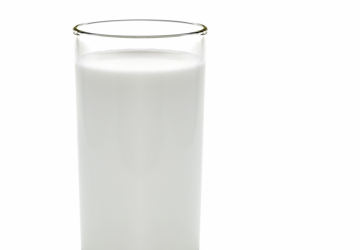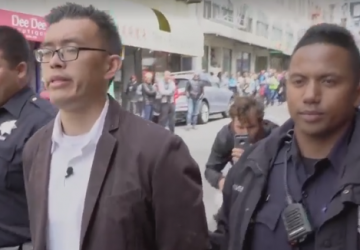 When New York City first proposed its now-enjoined ban on certain restaurant sodas last year, The Atlantic looked at which major city might be the first to follow. The magazine concluded Seattleites had the most to be worried about, as the Emerald City has a history of paternalistic policies.
When New York City first proposed its now-enjoined ban on certain restaurant sodas last year, The Atlantic looked at which major city might be the first to follow. The magazine concluded Seattleites had the most to be worried about, as the Emerald City has a history of paternalistic policies.
And if Mayor Mike McGinn gets his way, that prediction could be (nearly) prescient. In recent remarks, McGinn proposed enacting a tax of $1.28 per gallon on sodas in the city, ostensibly to fund the city’s parks department.
Seattle soda-lovers should be wary of these spending promises, though. Rather than funding new and better parks (which can be a good idea when it comes to fighting fat), the tax would likely lead to revenue shifting and linguistic gymnastics. State lotteries and tobacco settlement revenue in many cases haven’t led to increased spending on the education and anti-smoking programs they were supposedly enacted to fund. And particularly “creative” politicians have proposed using dedicated funds to cover existing city responsibilities; see Washington, D.C. street sweepers for one example.
Even worse, McGinn’s proposal puts the burdens of funding these new programs squarely on lower-income Seattleites. Research shows that soda taxes fall hardest on consumers with low incomes and activists know it, leading them to struggle to “reframe” the issue.
They typically argue around the problem by promising those consumers that their health will improve, but there’s no evidence that will happen. A Duke-National University of Singapore study found that the poorest quarter of consumers wouldn’t change their calorie consumption (and therefore lose no weight) in response to a significant soda tax. So Seattleites will see higher grocery and restaurant bills, might not see higher parks funding, and won’t lose any weight. Hopefully the mayor’s proposal meets a swift end.




